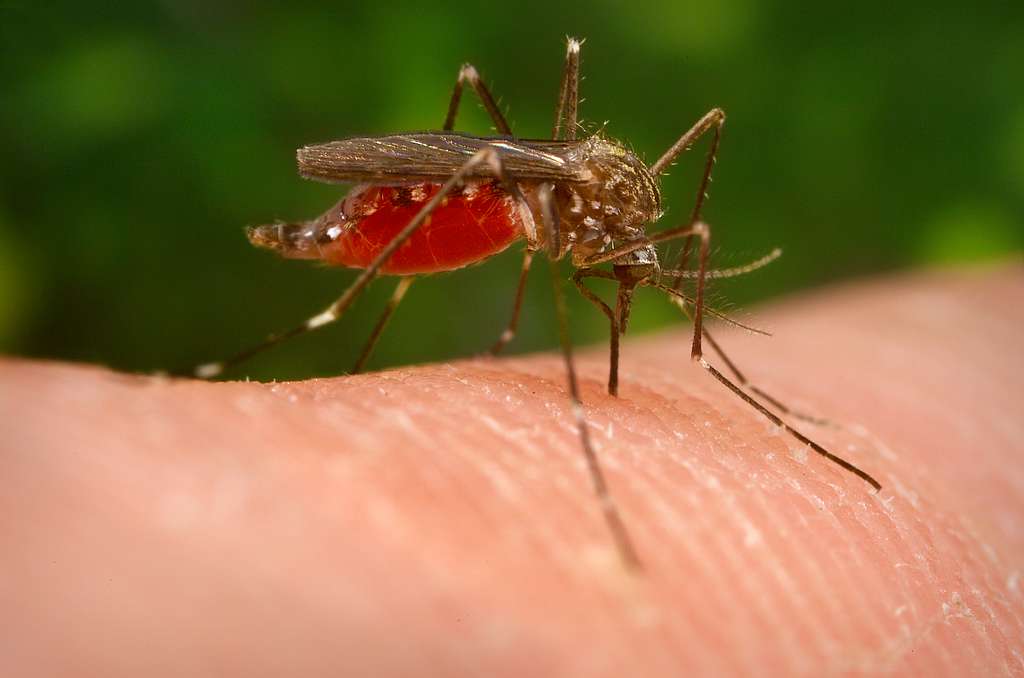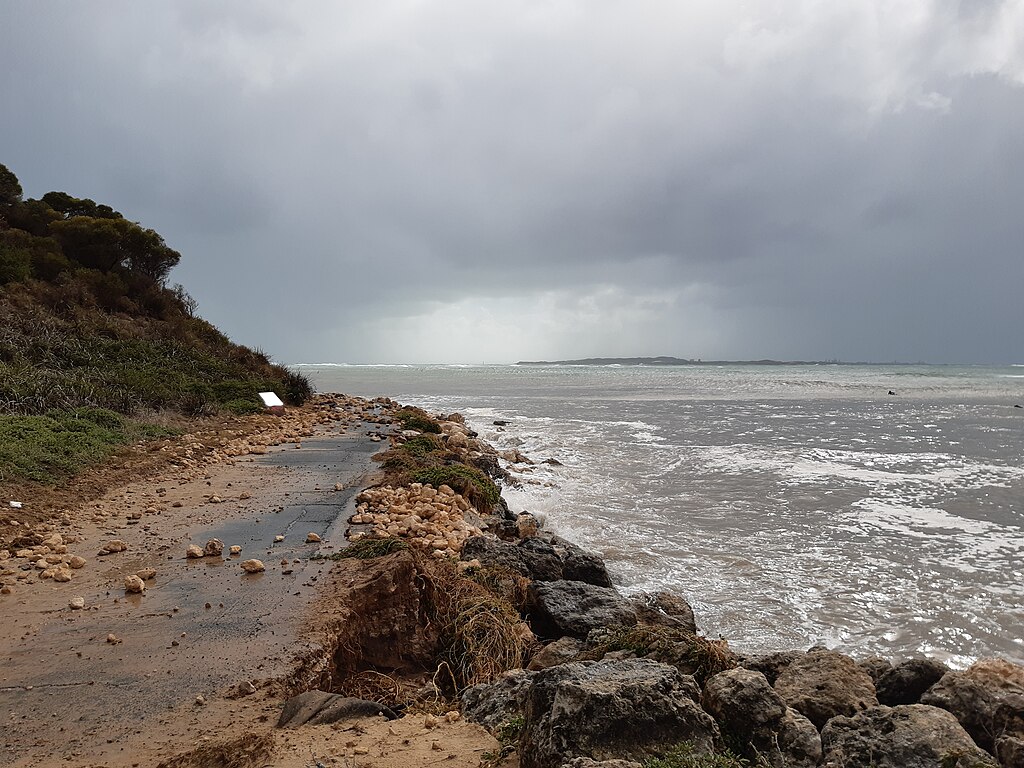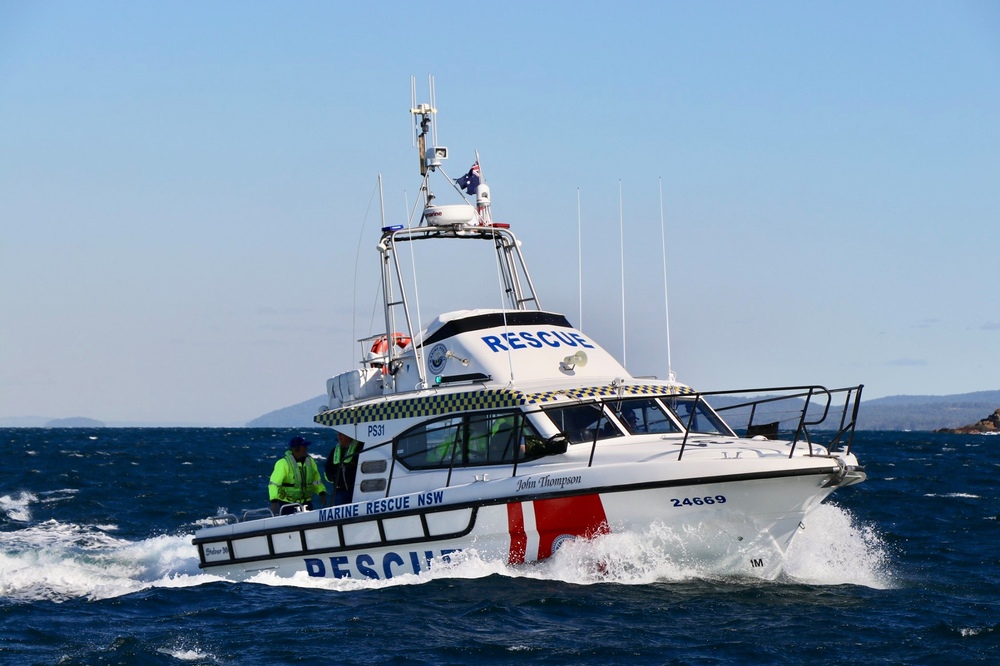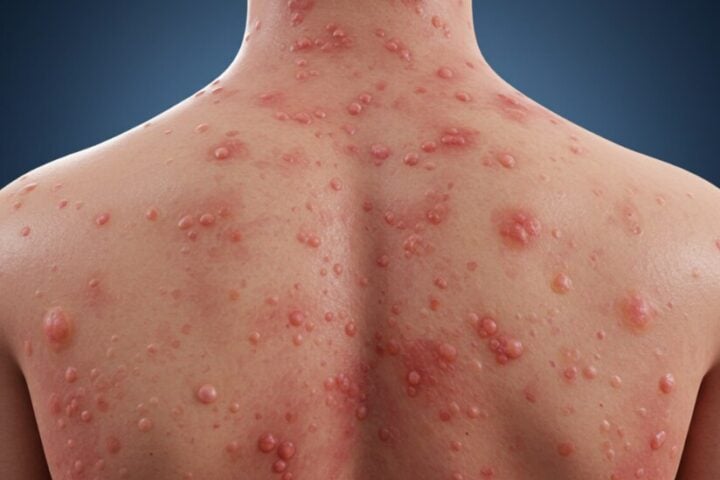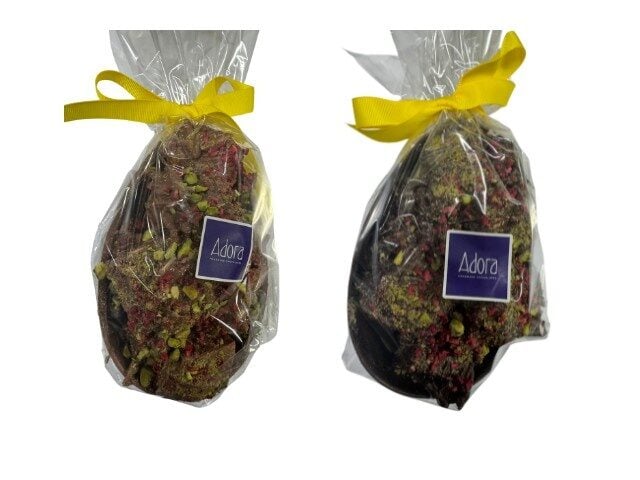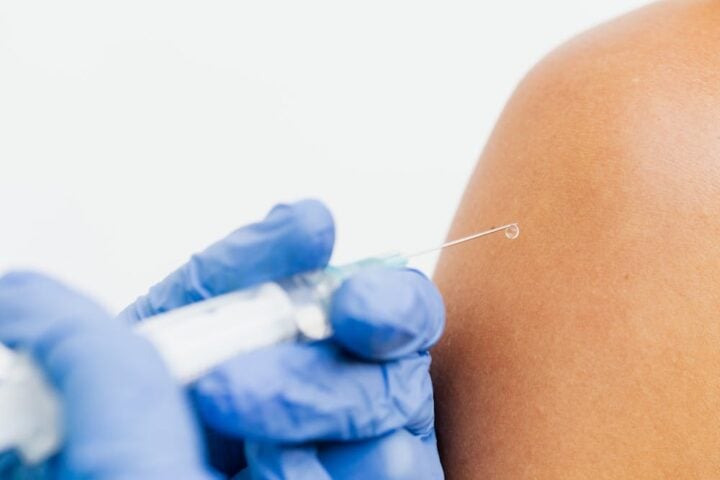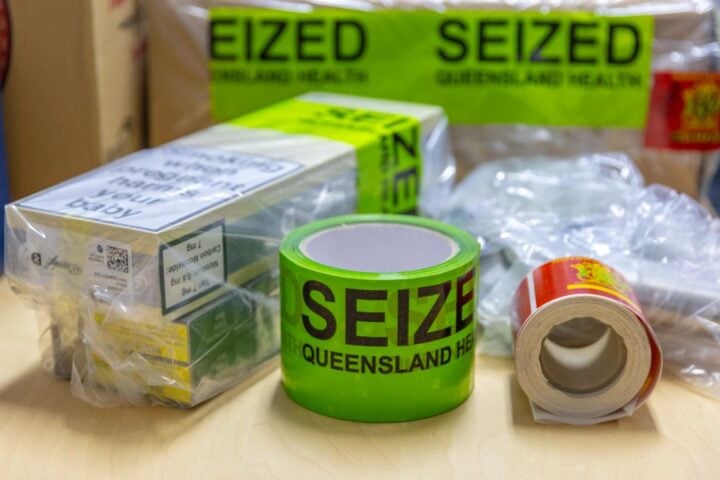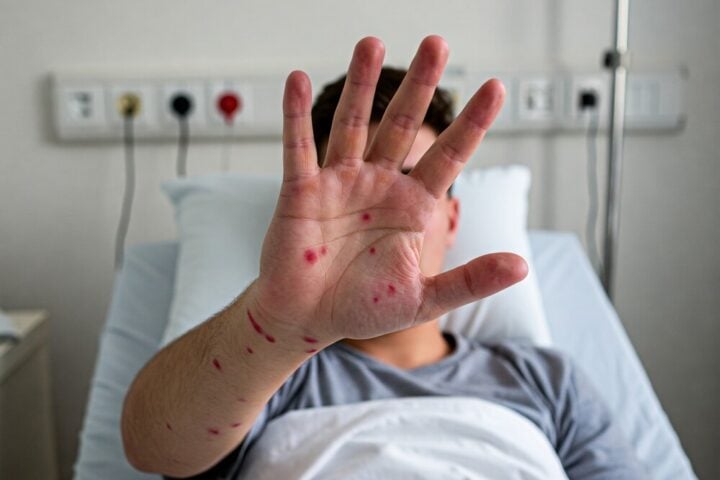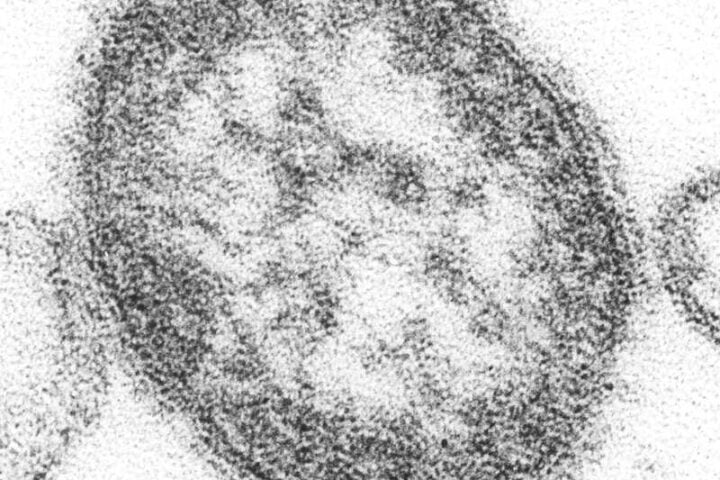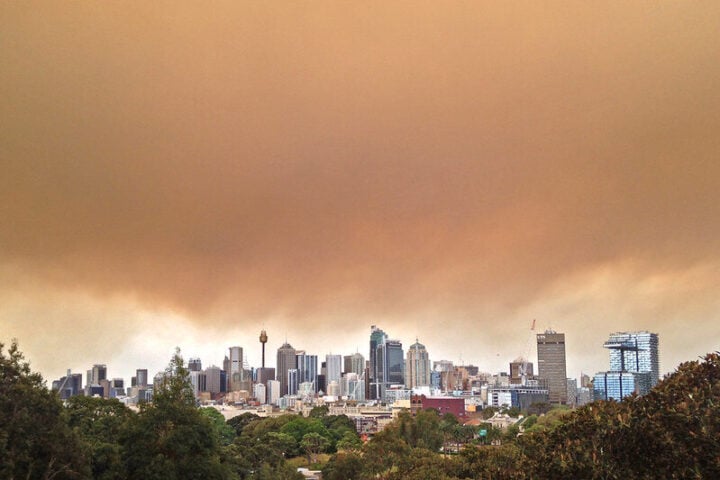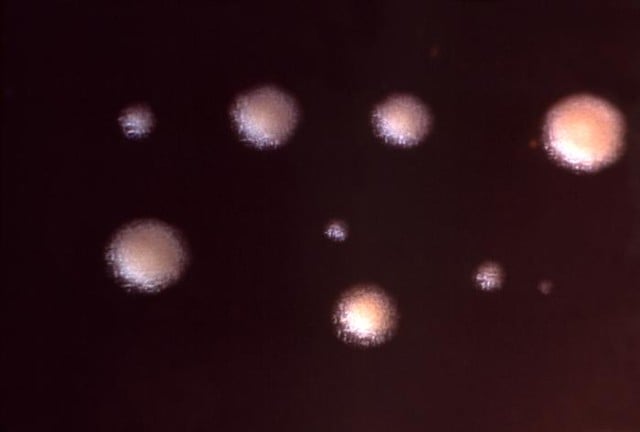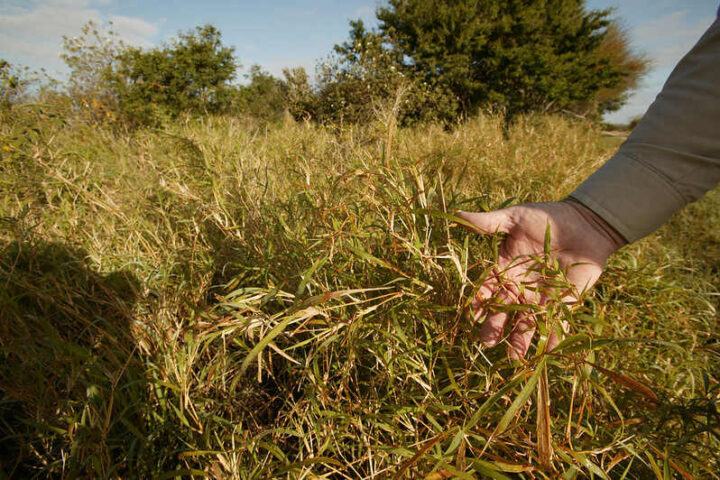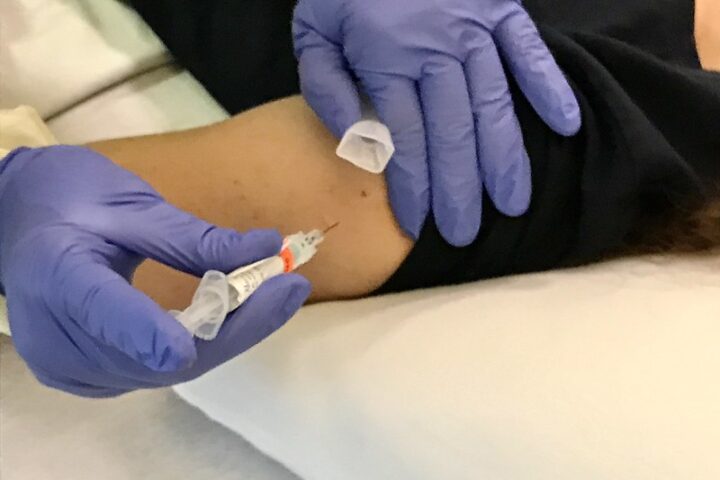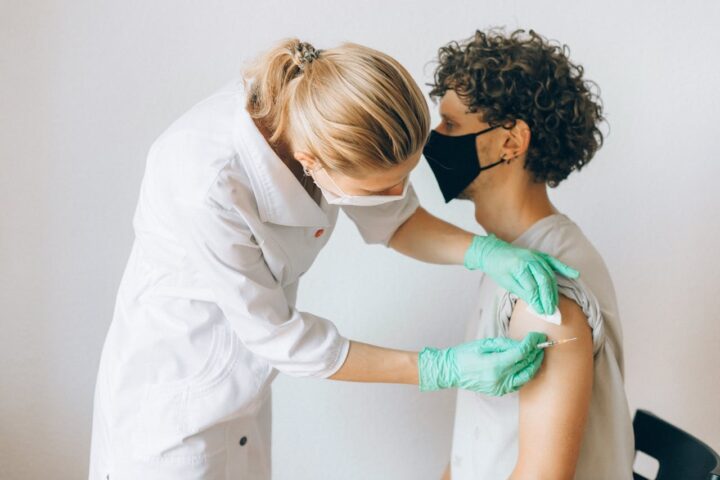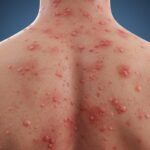A northern Sydney man in his 70s has died after contracting Japanese encephalitis while on holiday in the Murrumbidgee region. NSW Health confirmed the man died in hospital on Sunday after receiving treatment since early February.
This marks the first death from the mosquito-borne disease in NSW since May 2022 and the third death since JE was first detected in the state in 2022.
Health authorities have also reported another case – a woman in her 60s from northern NSW who is currently being treated in hospital. She likely caught the infection at her rural property in the Tenterfield Shire.
Dr. Jeremy McAnulty, Executive Director of Health Protection at NSW Health, warned that the virus poses a risk beyond just rural residents.
“These two cases of JE virus, one of which was infected while travelling for a holiday, shows it is very important all people take precautions against mosquitoes, not just those living in affected regions,” Dr. McAnulty said.
Similar Posts
Recent detections of the virus in pigs and mosquitoes have highlighted that JE poses a threat across a large area west of the Great Dividing Range.
“If you plan on travelling west of the Great Dividing Range, whether for work or holiday, and you plan to spend time outdoors, JE is a risk you must consider,” Dr. McAnulty added.
Japanese encephalitis is spread by mosquitoes and can cause severe neurological illness. The virus cannot pass from person to person, and people cannot contract it by eating pork products.
Symptoms range from headaches and fever to more serious complications including convulsions, reduced consciousness, and in severe cases, death. The disease has no specific treatment.
Health experts recommend using insect repellents containing DEET, picaridin, or oil of lemon eucalyptus. People should apply sunscreen first, followed by repellent. Wearing loose-fitting, long-sleeved clothing and avoiding outdoor activities during dawn and dusk, when mosquitoes are most active, also reduces risk.
A vaccine for Japanese encephalitis is available through GPs, Aboriginal health services, and pharmacists for people living or working in high-risk areas. Those eligible should make appointments in advance, as providers may need a few days to order the vaccine.
The vaccine offers protection for those traveling to or residing in affected regions, particularly areas west of the Great Dividing Range.

FAQ:
- Is this mosquito disease something I need to worry about?
If you live in or plan to visit areas west of the Great Dividing Range in NSW, you should take precautions. The recent death shows Japanese encephalitis can be serious, but simple steps like using mosquito repellent and wearing long sleeves can protect you. The risk is highest for people spending time outdoors in rural areas. - How do I know if I have Japanese encephalitis?
Most people with Japanese encephalitis don’t show symptoms. Those who do might experience headache, fever, and feeling unwell. In severe cases, symptoms include confusion, stiff neck, shaking, seizures, and unconsciousness. If you develop these symptoms after mosquito exposure in risk areas, see a doctor right away. - Can I catch this disease from someone else?
No, you cannot catch Japanese encephalitis from another person. The virus spreads only through the bite of infected mosquitoes. It’s also not possible to get it from eating pork or other pig products, even though pigs can carry the virus. - Should my family get vaccinated against Japanese encephalitis?
If you live in affected areas west of the Great Dividing Range or plan to travel there and spend time outdoors, consider vaccination. The vaccine is available through GPs, Aboriginal health services, and pharmacists for people in high-risk areas. Call ahead as providers may need a few days to order it. - What should I do to protect my kids from mosquito bites?
Apply mosquito repellent containing DEET, picaridin, or oil of lemon eucalyptus (put sunscreen on first, then repellent). Dress children in loose, light-colored clothing that covers arms and legs. Keep them indoors during dawn and dusk when mosquitoes are most active. Check your home for mosquito breeding spots like standing water.
If this has been in Australia since 2022, why are we hearing about it now?
Japanese encephalitis was first detected in NSW in 2022, with two deaths that year. This recent death is the first since May 2022, which is why it’s making news again. Health authorities are reminding people about the risks because they’ve detected the virus in mosquitoes and pigs across a large area, showing it remains a concern.
